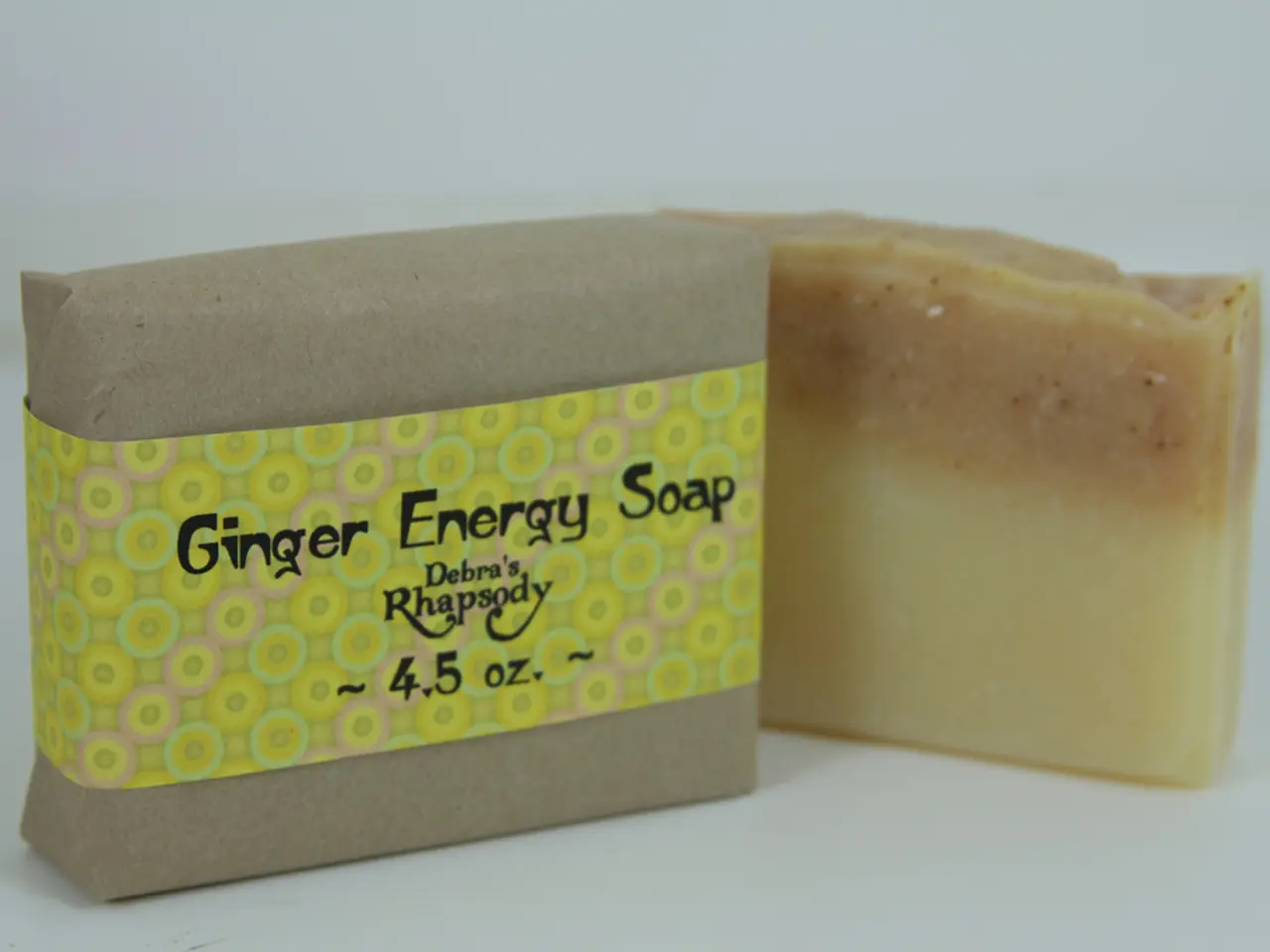Workshop on creating forest-in-a-jar and all-natural soaps, hosted by Sungrow, on April 15, 2025
On the 15th of April, an eco-creative workshop was organised by a foundation, bringing together the Sungrow team and participants interested in sustainable living. The event, focused on creating natural soaps and mini ecosystems in glass jars, offered a unique opportunity to discuss the harmful effects of traditional cosmetic ingredients on both skin and the environment.
The workshop proved to be a rewarding experience for all involved, with handcrafting natural soap being found to be both satisfying and eye-opening. The soaps created during the workshop were given unique characters through the use of dried flowers, herbs, and natural dyes, ensuring that each person walked away with a personal and fragrant cosmetic.
The soap-making process was guided by individual taste and imagination, allowing participants to truly embrace their creativity while learning about the benefits of natural ingredients. Essential oils filled the air, contributing to a calming and relaxing atmosphere that aimed to promote mindfulness.
Natural soaps made in eco-workshops offer several advantages and positive environmental impacts. By using plant-based, non-toxic ingredients such as olive oil, coconut oil, aloe vera, and essential oils, these soaps are gentle on the skin, moisturizing, and free from harmful chemicals found in conventional soaps. This reduces risks of irritation and allergies for users, including sensitive groups like children.
By avoiding synthetic additives, parabens, and harsh detergents, the soaps are also safer for family use and the environment. There is no harmful residue left on skin or dishes, which is especially beneficial in households with young children or individuals with sensitivities.
Eco-workshops provide hands-on learning experiences, fostering awareness of sustainable living and personal care. Participants gain skills to make their own eco-friendly products, encouraging continued environmental responsibility.
In addition to the benefits for personal health, natural soaps made in eco-workshops also have positive environmental impacts. They are typically biodegradable, breaking down safely without contaminating water or soil ecosystems. This reduces the risk of introducing harmful pollutants into waterways or affecting marine life, unlike conventional chemical-laden soaps.
The plant-based ingredients used often come from renewable sources produced with fewer environmental stresses, supporting sustainable agriculture and reducing ecological footprints. When combined with sustainable packaging solutions such as recycled paper, biodegradable films, or other compostable materials, the overall environmental impact is minimized. This reduces landfill waste and pollution, including microplastics, and supports a circular economy.
Natural soap production and distribution typically consume less energy and water compared to conventional soaps, thus reducing greenhouse gas emissions. The workshop organized by the foundation on April 15th not only provided a fun and educational experience but also contributed to a more sustainable future by promoting healthier personal care and environmental sustainability.
The second part of the workshop involved creating mini ecosystems in glass jars, also known as terrariums. This provided participants with another opportunity to engage with nature and learn about the importance of creating and maintaining sustainable environments.
In conclusion, the eco-creative workshop organized by the foundation on April 15th was a resounding success, offering participants a unique and rewarding experience while promoting mindfulness, relaxation, and environmental sustainability. The Sungrow team's participation underscored the importance of collaboration in promoting sustainable practices and fostering a greener future.
- The handcrafted natural soaps, enhanced with dried flowers, herbs, and natural dyes, were not only personal and fragrant but also served as a meaningful symbol of personal growth and self-development in sustainable living, being a result of the eco-creative workshop.
- The combination of fashion-and-beauty (natural soaps) with home-and-garden (mini ecosystems in glass jars) at the eco-workshop facilitated education-and-self-development, allowing participants to cultivate knowledge on sustainable practices, fostering a lifelong commitment to personal growth and environmental sustainability.




